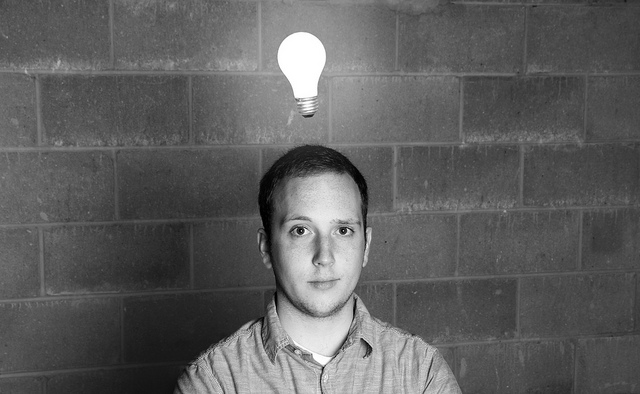Tag: Winter Solstice
-

How Does Divination Work?
I pulled three ogham out of the leather pouch and laid them, one by one, onto the surface of my shrine. This divination would be the omen for all of the Solitary Druid Fellowship, a broad swatch of Pagandom that joined one another in a shared practice for the first time on the Winter Solstice. […]
-
High Days: Reflections on Yule
I’m not suggesting that Yule be akin to group therapy, or that we all must poster our ritual space with signs of our pain and suffering in order to be joyous. I’m simply seeking a balance of light and dark.
-
The first steps on a full, red moon
Thinking back to the preparations I’ve made over the past few weeks, it occurs to me that my first act an ADF Dedicant is called to perform – the First Oath – has already been written.
